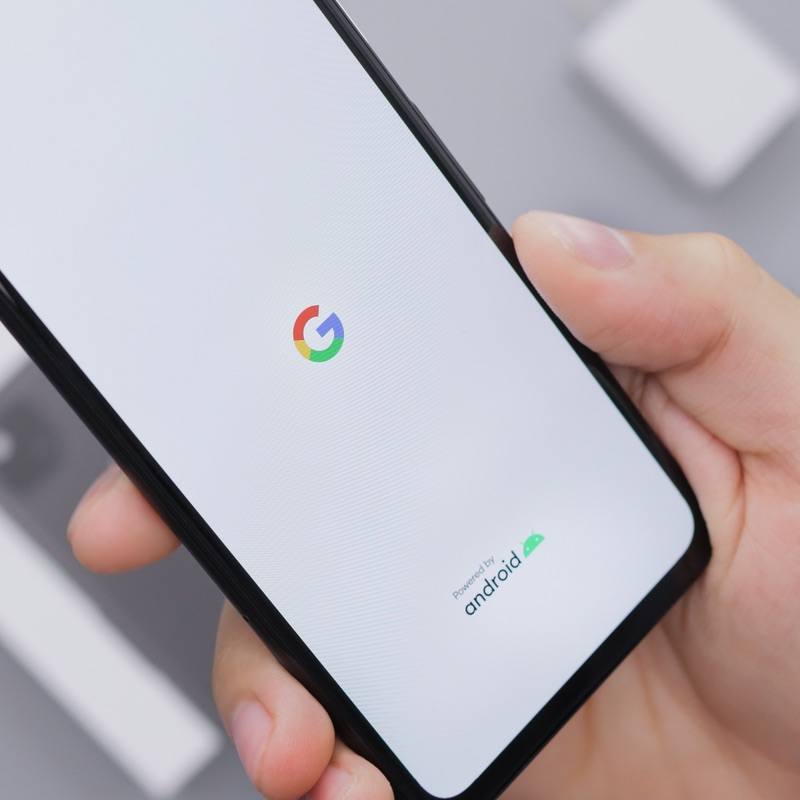Google Is Giving All Search Records To Police Without An Individual Warrant
October 9, 2023
Return to Learning Center

Pretty much everybody expects Google and all other US businesses to comply with valid court orders in criminal cases. If John Smith is accused of murdering John Doe with arsenic and the police provide evidence to a judge and get a search warrant, most people wouldn't have an issue if Mr. Smith's search history was examined to see if he searched for info about the effects of Arsenic on Google. That's the legal system refined over the centuries, and most people think that it works reasonably well while at the same time protecting peoples' civil rights. What you wouldn't expect is Google volunteering records about everybody who might have searched for Arsenic to police. That sure could solve a lot of crimes, but has a bit of Minority Report, futuristic dystopian law enforcement feel to it.
A recently unsealed court document found that investigators can request such data in reverse order by asking Google to disclose everyone who searched a keyword rather than for information on a known suspect. This brings up major Constitutional, legal, and privacy questions. In the Michael Williams arson case (an associate of singer and fetishist R. Kelly) where he allegedly set fire to a witnesss car in Florida, the police found information on the crime by sending a search warrant to Google that requested information (including IP addresses and more info) on users who had searched for the address of the victim's residence close to the time of the arson. Court documents showed that Google provided the IP addresses of people who looked for the arson victim's address, which investigators tied to a phone number belonging to Williams. Police then used the phone number records to pinpoint the location of Williams' device near the arson, according to court documents.
There is a growing trend where detectives demand broad sweeps of data on a large group of users rather than a specific request on a single suspect. This brings up some major safety and privacy issues, of course. Not only does this arson case clearly highlight why you don't want your home address and other personal details to be searchable online for any random crazy person or enemy to find, but this brings up some large 4th Amendment issues which strike to the heart of what America is all about and the freedom that many Americans care so deeply about. Police are sometimes making what's known as geofence warrants where police request data on all devices at a specific location at a specific time. This is a bit different than a typical search warrant, like in the famous Aaron Hernandez murder of Odin Lloyd case, where the individual's cell phone geolocation records were sought.
Google is facing large criticism from privacy advocates for complying with broad data requests such as geofence and keyword searches and these types of warrants are being challenged in court through the legal system, so we'll see what happens. In the meantime, while the legal system and Congress works through these complex issues, make you you follow good privacy practices and be smart about how you protect your personal data because your life (and your car) can depend on it.
We hope you enjoyed reading this guide and learned something new! Check out our Learning Center to learn more about online privacy and security or consider subscribing to our Online Privacy Service to remove your phone number, name, and address from Google, Bing, Yahoo, and DuckDuckGo search results and hundreds of data broker sites.
